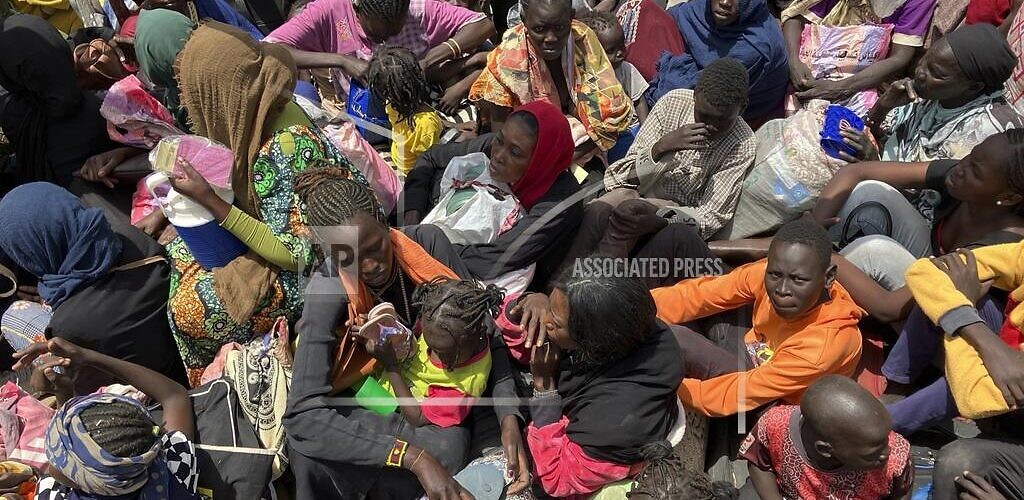For the first time in nearly 20 years, Sudan is without a UN peace operation that enables or supports the protection of civilians, increasing the likelihood that the already severe protection gaps in country will worsen. This danger is particularly significant as the war between the Sudanese Armed Forces (SAF), led by General Abdel Fattah al-Burhan, and the Rapid Support Forces (RSF), led by General Modamed Hamdan Dagalo (known as “Hemedti”), shows no signs of stopping.
In the year since the war began on April 15, 2023, Sudan has seen well over 14,600 deaths, with 10.7 million displaced inside and outside the country and 18 million people suffering from acute food insecurity. Both sides have reportedly committed war crimes, and evidence suggests the RSF has conducted ethnic cleansing and crimes against humanity in Darfur. The fighting is ongoing in the capital, Khartoum, and across the five states of Darfur, West and South Kordofan, and Blue Nile, with 4.4 million people directly at risk in hotspot areas. Civilians must navigate a horrid reality of indiscriminate attacks on their persons and communities, widespread conflict-related sexual violence, extensive forced displacement, frequent looting and destruction of civilian infrastructure, and highly limited humanitarian assistance. There is thus an overwhelming need to advance multilateral engagement on the protection of civilians in Sudan. Read more





